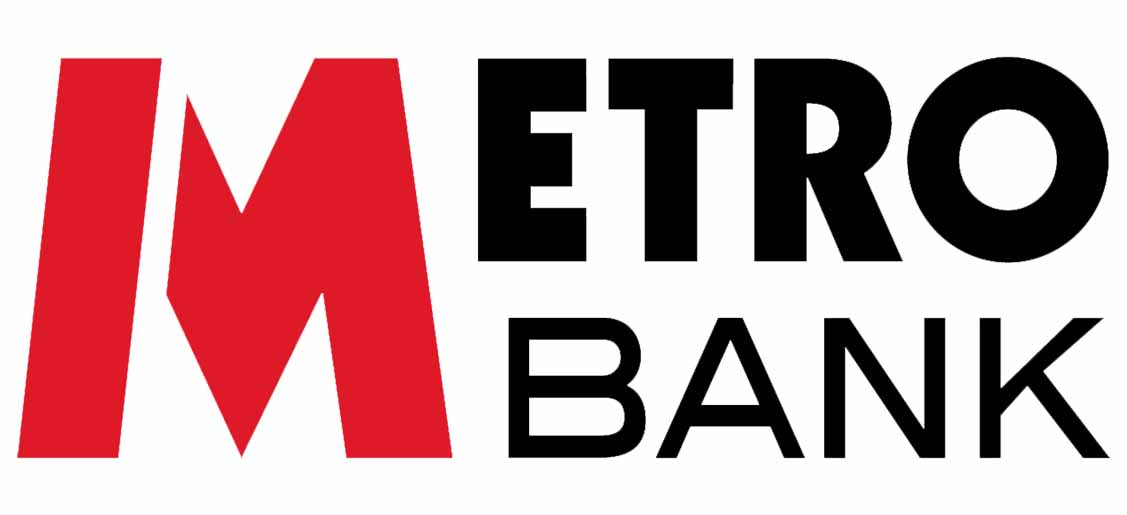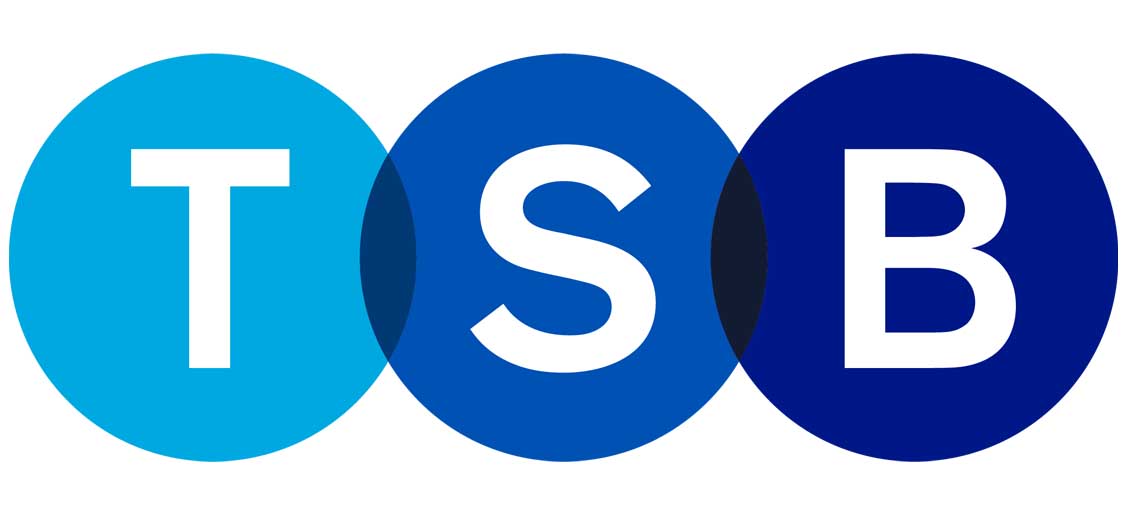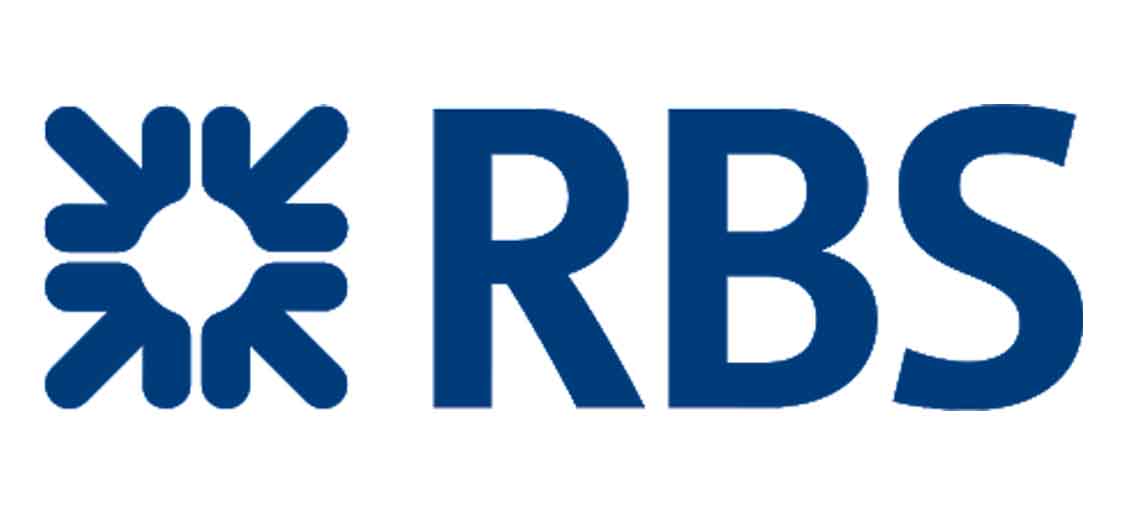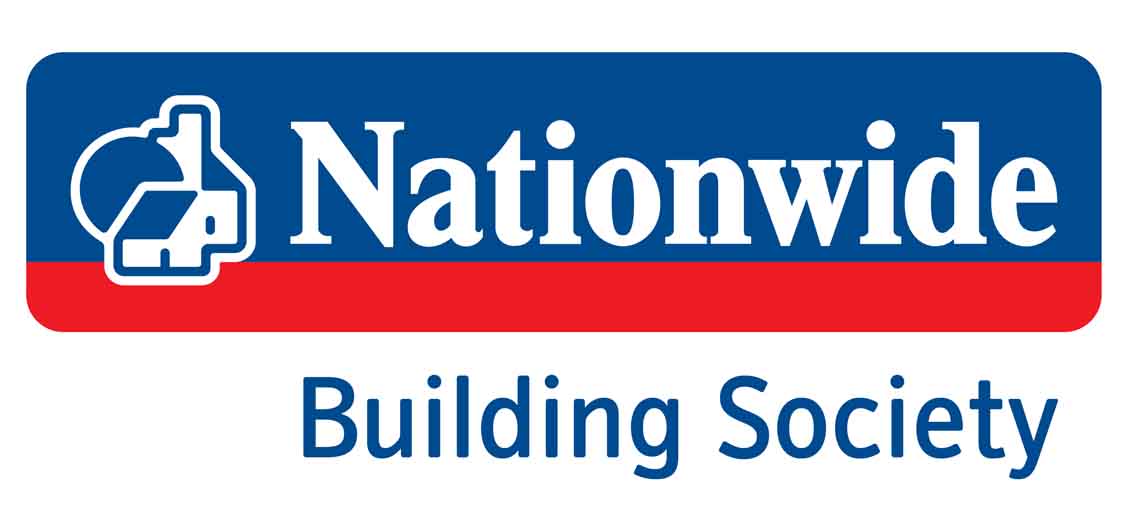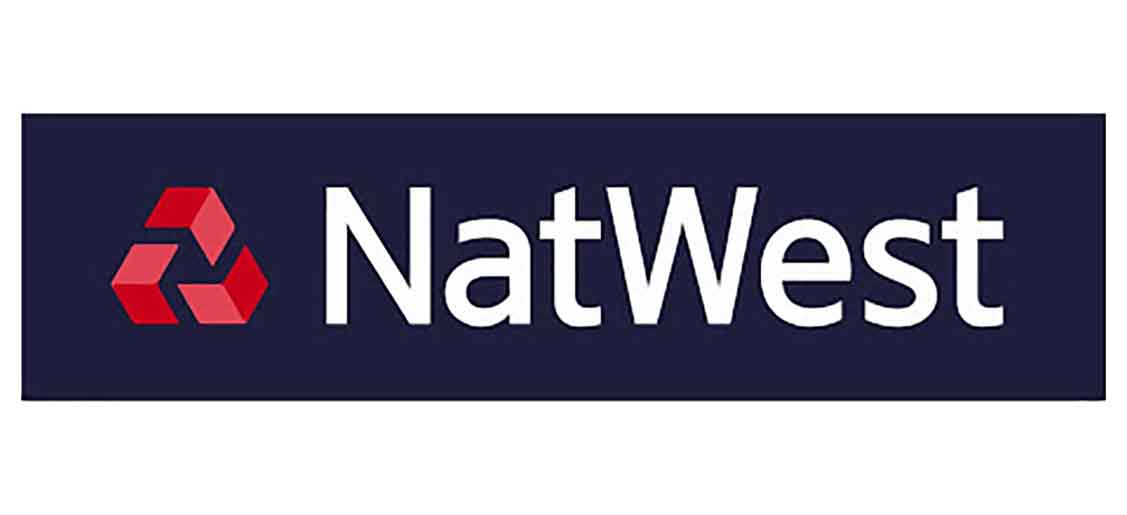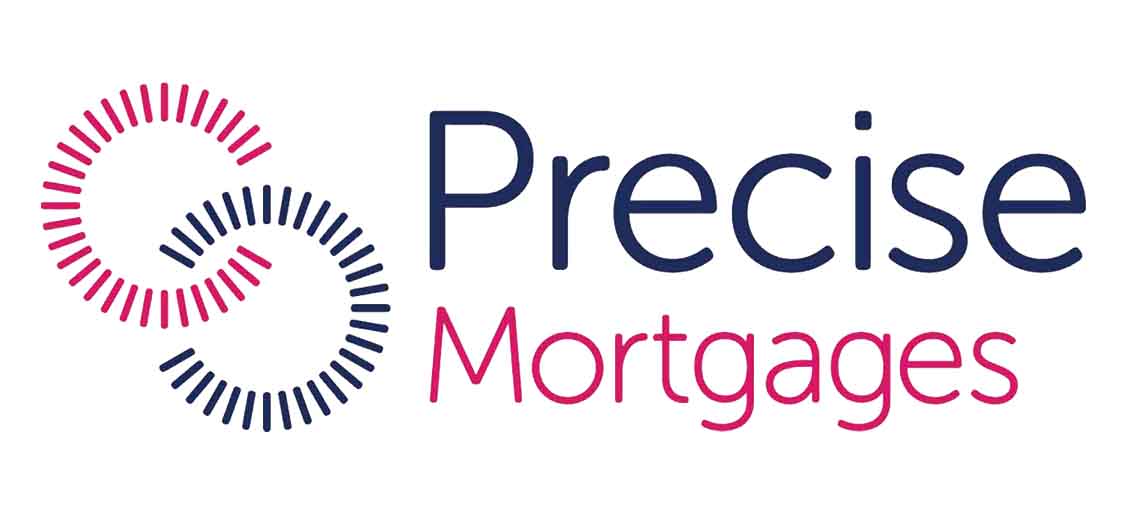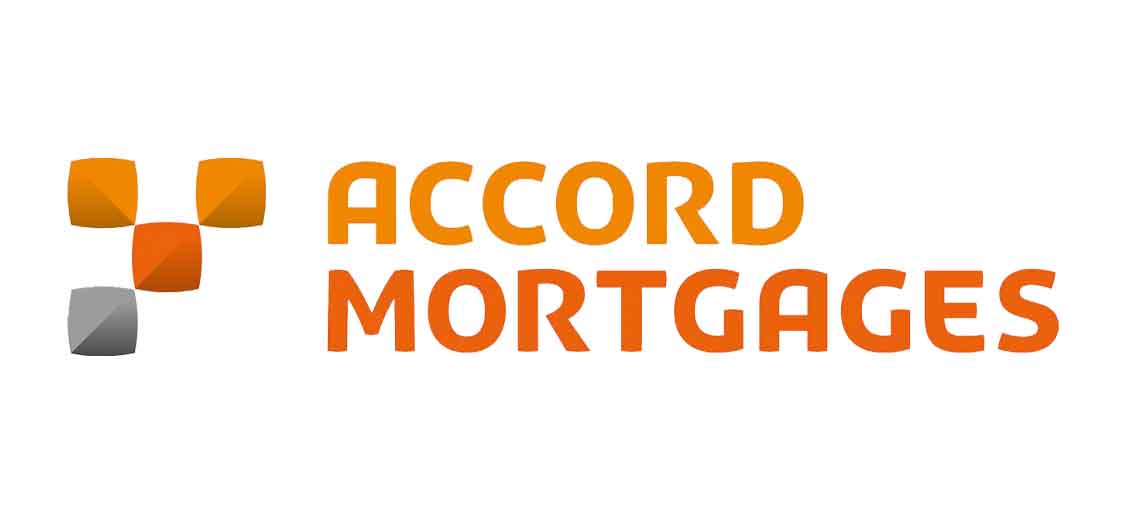Self employed remortgage
Remortgaging for the Self-Employed: A Guide for Homeowners
Congratulations on taking charge of your finances! Remortgaging your property can be a smart way to save money, access additional funds, or secure a better interest rate. However, for self-employed individuals, the process can seem a little more daunting compared to employed applicants. This guide is here to equip you with the knowledge and steps needed to navigate a remortgage as a self-employed homeowner.
What is Remortgaging?
Simply put, remortgaging involves taking out a new mortgage on your existing property. You replace your current mortgage deal with a new one, potentially from a different lender, offering more favourable terms. Remortgaging can be beneficial for several reasons:
- Lower interest rate: This can significantly reduce your monthly repayments, freeing up extra cash.
- Shorter mortgage term: This allows you to own your home outright sooner.
- Access to additional funds: Some remortgages allow you to “borrow up” on the increased value of your property, providing a lump sum for renovations, investments, or other needs.
- Switch to a different type of mortgage: You can change from a fixed-rate to a variable-rate mortgage (or vice versa) depending on your current financial goals and risk tolerance.
Can You Remortgage if You’re Self-Employed?
Absolutely! While it may require a bit more preparation compared to employed borrowers, remortgaging is definitely possible for the self-employed in the UK. Lenders understand that self-employment doesn’t equate to financial instability. Many lenders offer competitive remortgage deals specifically tailored to self-employed individuals.
How to Remortgage if You’re Self-Employed: Your Step-by-Step Guide
Here’s a breakdown of the remortgage process for self-employed individuals:
1. Get Your Finances in Order:
Review your current mortgage: Understand your remaining balance, interest rate, and any potential early repayment fees associated with switching lenders.
Gather your financial documents: Lenders typically require at least 2-3 years of self-assessment tax returns (SA100 forms), along with your most recent SA302 tax calculation. Bank statements demonstrating consistent income and business expenses are also helpful.
Improve your credit score: A healthy credit score increases your chances of securing a favourable remortgage deal. Check your credit report for any errors and take steps to improve your score if necessary, such as paying bills on time and reducing credit card debt.
2. Consider Your Needs and Options:
Determine your goals: What do you hope to achieve with remortgaging? Are you looking for a lower interest rate, access to additional funds, or a shorter mortgage term?
Research different mortgage products: Compare interest rates, fees, and terms offered by various lenders in the market. Consider fixed-rate, variable-rate, and tracker mortgages, each with its own advantages and drawbacks.
Factor in additional costs: Be aware of potential fees associated with remortgaging, such as valuation fees, legal fees, and arrangement fees.
3. Talk to a Mortgage Broker (Highly Recommended):
A mortgage broker can be an invaluable resource for self-employed individuals. They can:
Source suitable remortgage deals based on your specific circumstances and financial profile.
Negotiate with lenders on your behalf to secure the most suitable interest rate and terms.
Guide you through the application process and ensure all necessary paperwork is submitted correctly.
Top 3 Tips for Self-Employed Remortgaging
1. Plan Ahead
Start gathering your financial documents and improving your credit score at least 6 months before you plan to remortgage.
2. Be Prepared to Explain Your Income
Be ready to discuss your income history, business structure, and future financial projections with potential lenders.
3. Use a Mortgage Broker
Their expertise can save you significant time and money by finding the most suitable deal available for your situation.
Is it Difficult to Get a Remortgage if Self-Employed?
The difficulty of obtaining a remortgage as a self-employed individual depends on several factors:
- Trading history: Lenders prefer a history of consistent income. Ideally, you should be self-employed for at least two years, with demonstrably stable earnings.
- Profitability: Lenders assess your ability to repay the mortgage based on your net profit after business expenses.
- Credit score: A good credit score significantly improves your chances of approval.
Mortgage Brokers are a Huge Advantage for Self-Employed Remortgages
For self-employed individuals, navigating a remortgage can feel more complex compared to employed applicants. Thankfully, mortgage brokers can be a game-changer in simplifying the process and securing the most suitable deal. Here’s why:
Understanding Your Needs:
- Matching You with the Right Lender: Brokers have access to a wide range of lenders, including those specialising in mortgages for the self-employed. They assess your financial situation and goals to find lenders with criteria that most suit you.
- Decoding the Options: The variety of remortgage products can be overwhelming. Brokers explain the pros and cons of fixed-rate, variable-rate, and tracker mortgages, helping you choose the one that aligns with your financial plans.
Smoothing the Application Process:
Gathering Documentation: Brokers know exactly what documents lenders need from self-employed applicants. They guide you on gathering tax returns, bank statements, and other relevant paperwork to ensure a smooth application.
Presentation Matters: Brokers present your financial picture in the most favourable light for lenders. They highlight consistent income trends, business growth potential, and any other factors that strengthen your application.
Negotiating Power:
Competitive Rates: Brokers have strong relationships with lenders and can negotiate for lower interest rates and potentially waive some fees, saving you significant money over the mortgage term.
Streamlined Communication: Brokers handle all communication with lenders on your behalf, freeing you from paperwork and phone calls. They track the progress of your application and keep you updated.
Additional Benefits:
Market Expertise: Brokers stay updated on current mortgage rates and market trends, ensuring you get the most suitable deal available.
Time-Saving: Brokers streamline the entire process, saving you valuable time and effort compared to researching and contacting lenders directly.
Peace of Mind: With an experienced broker on your side, you can feel confident that your application is in good hands and all steps are followed correctly.
Making Your Self-Employed Remortgage Journey Smooth
- Remortgage video: https://www.youtube.com/watch?v=UUQOfSF3OzQ
- Why use a mortgage broker video: https://www.youtube.com/watch?v=tB-NIdhpjiI





